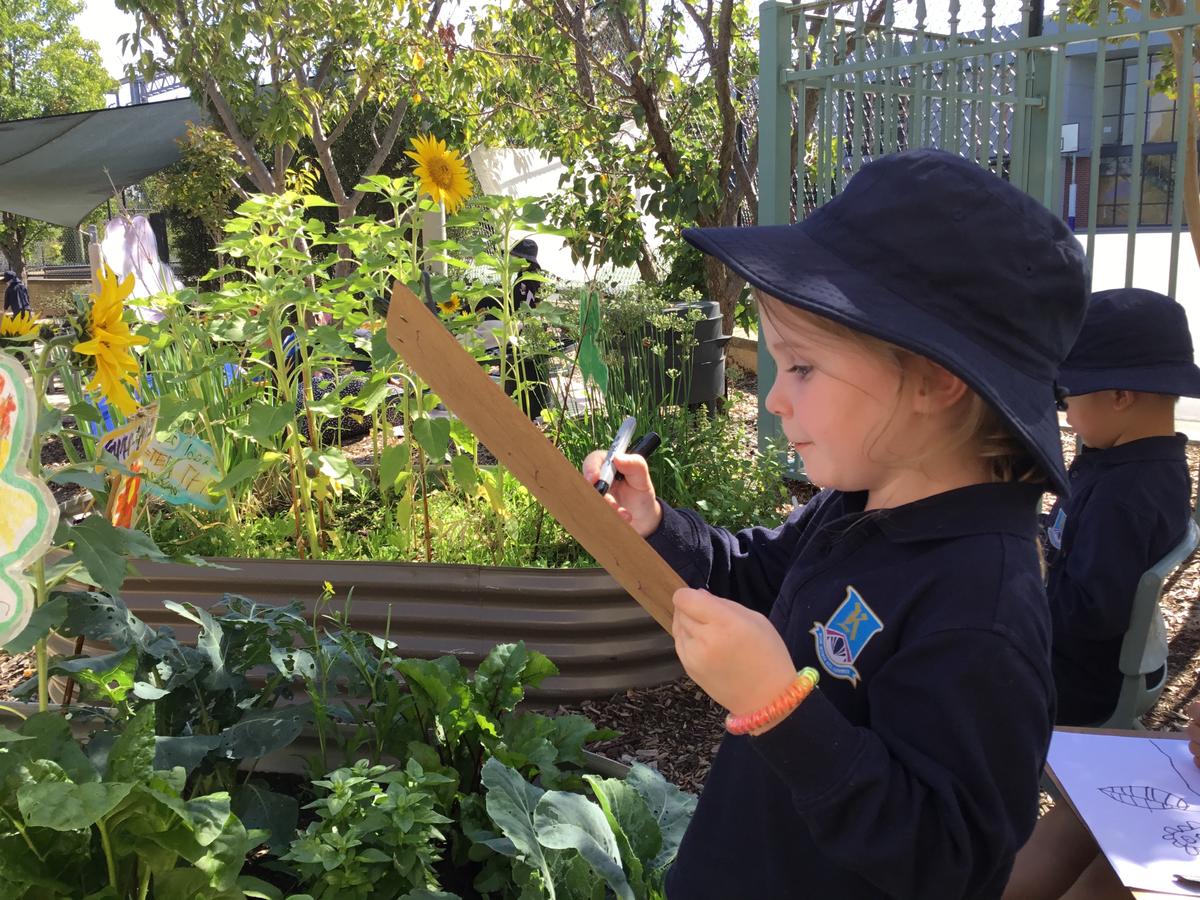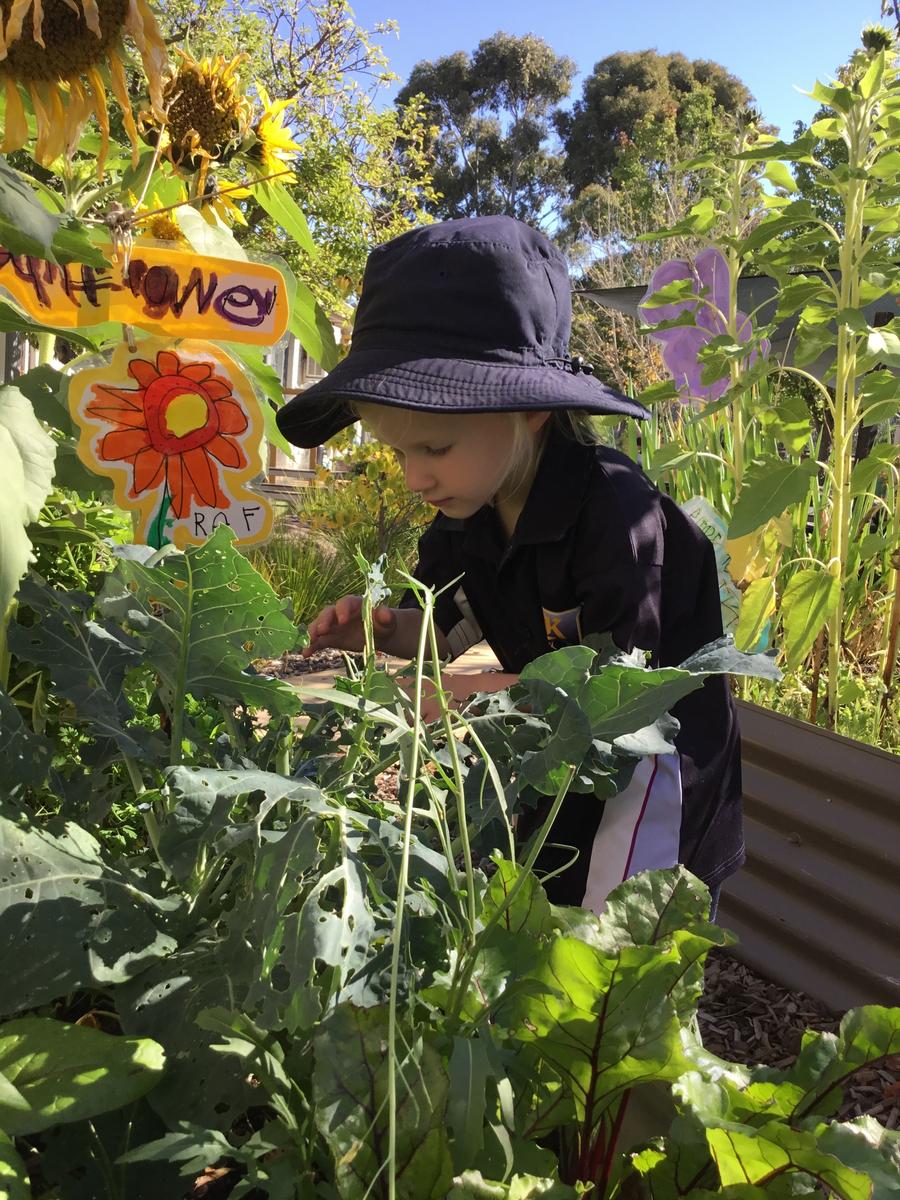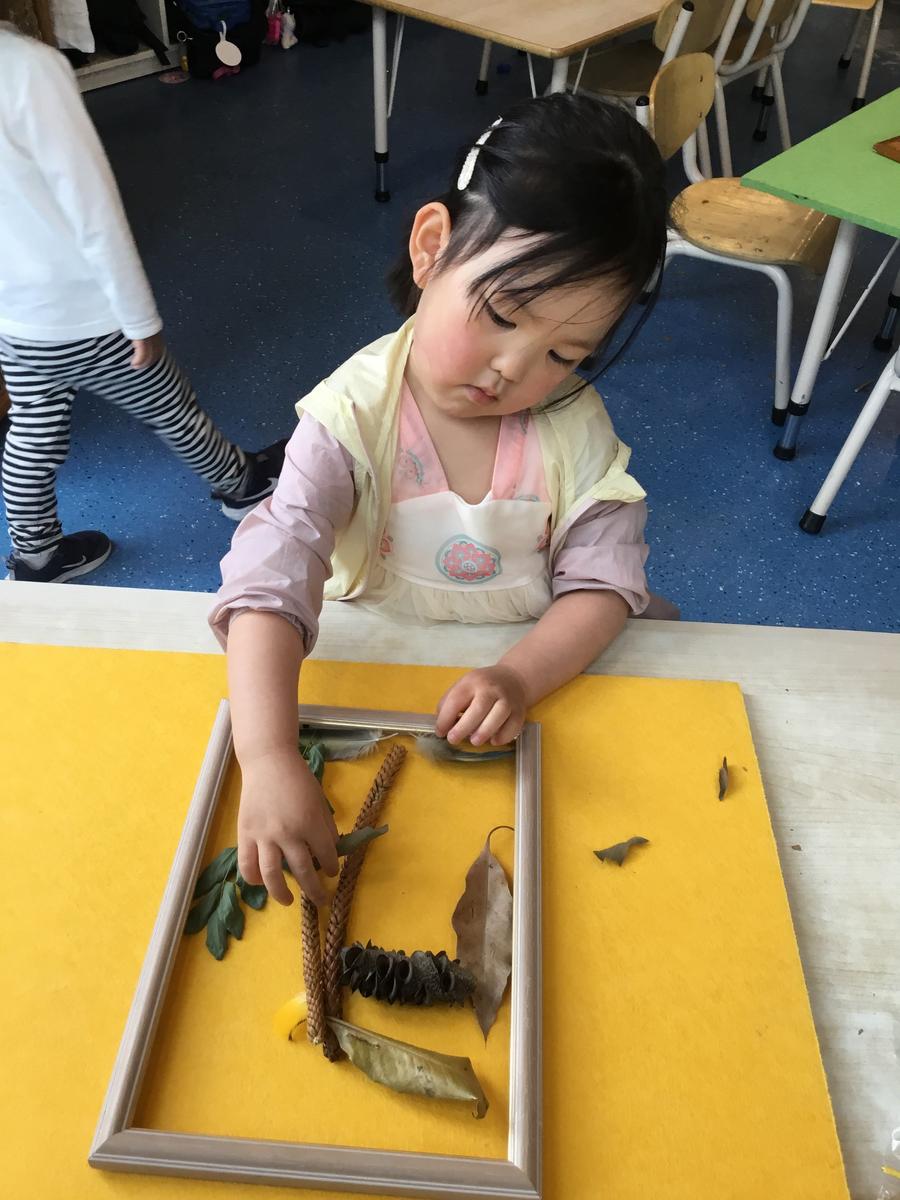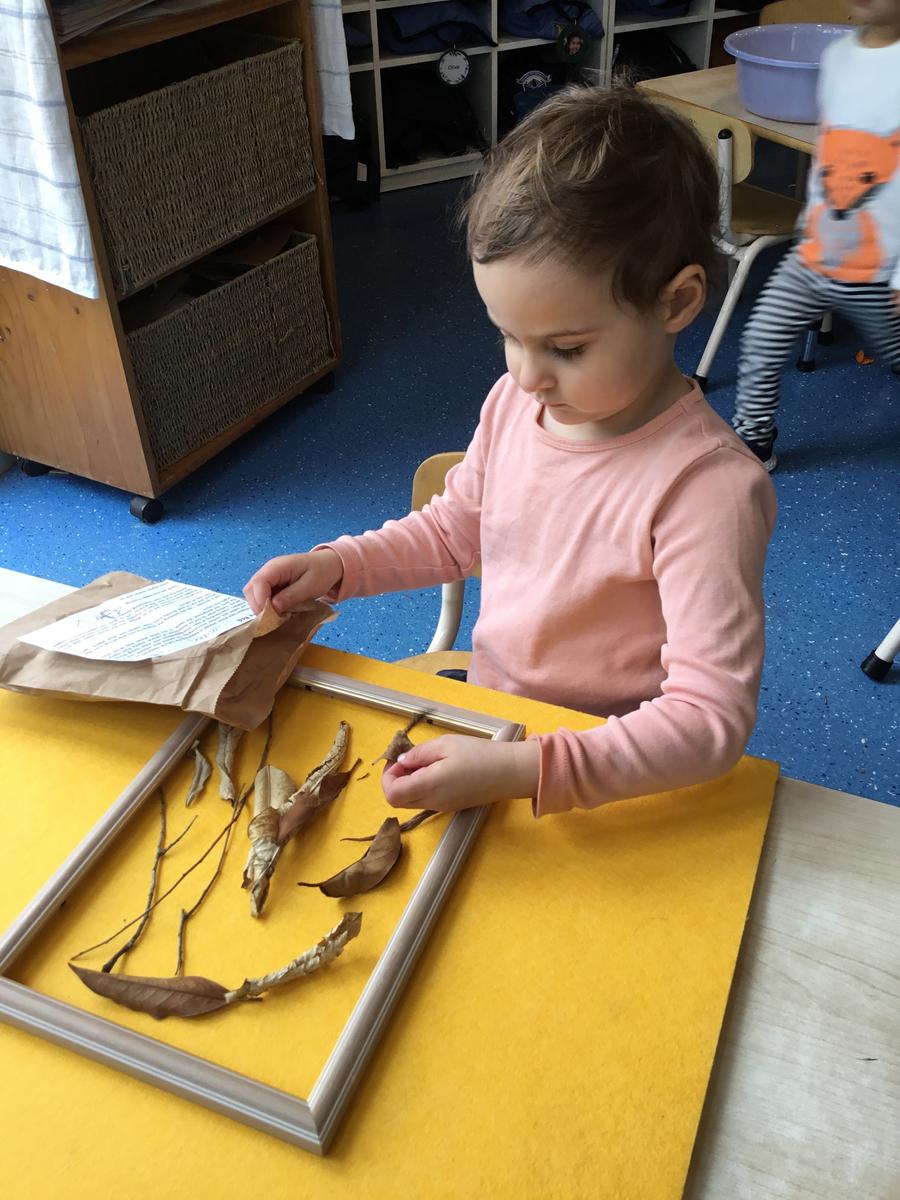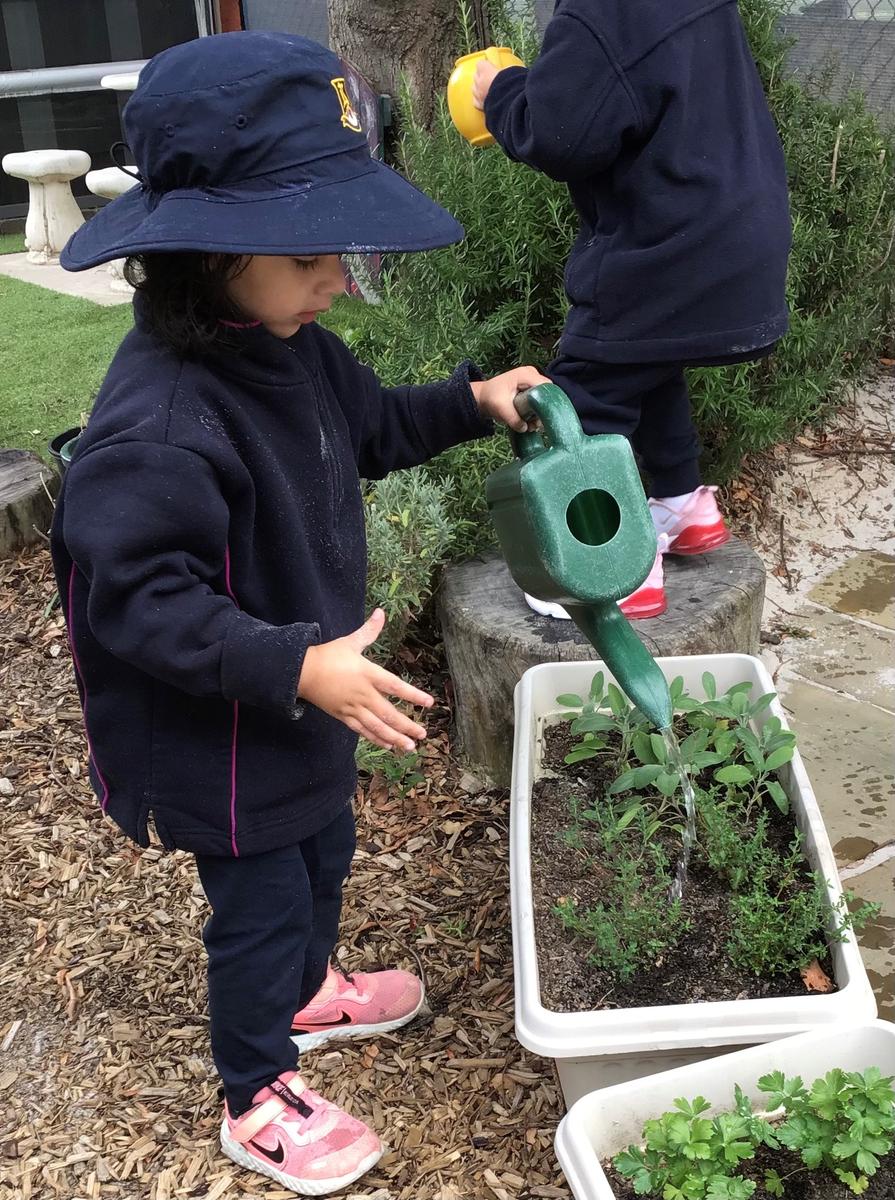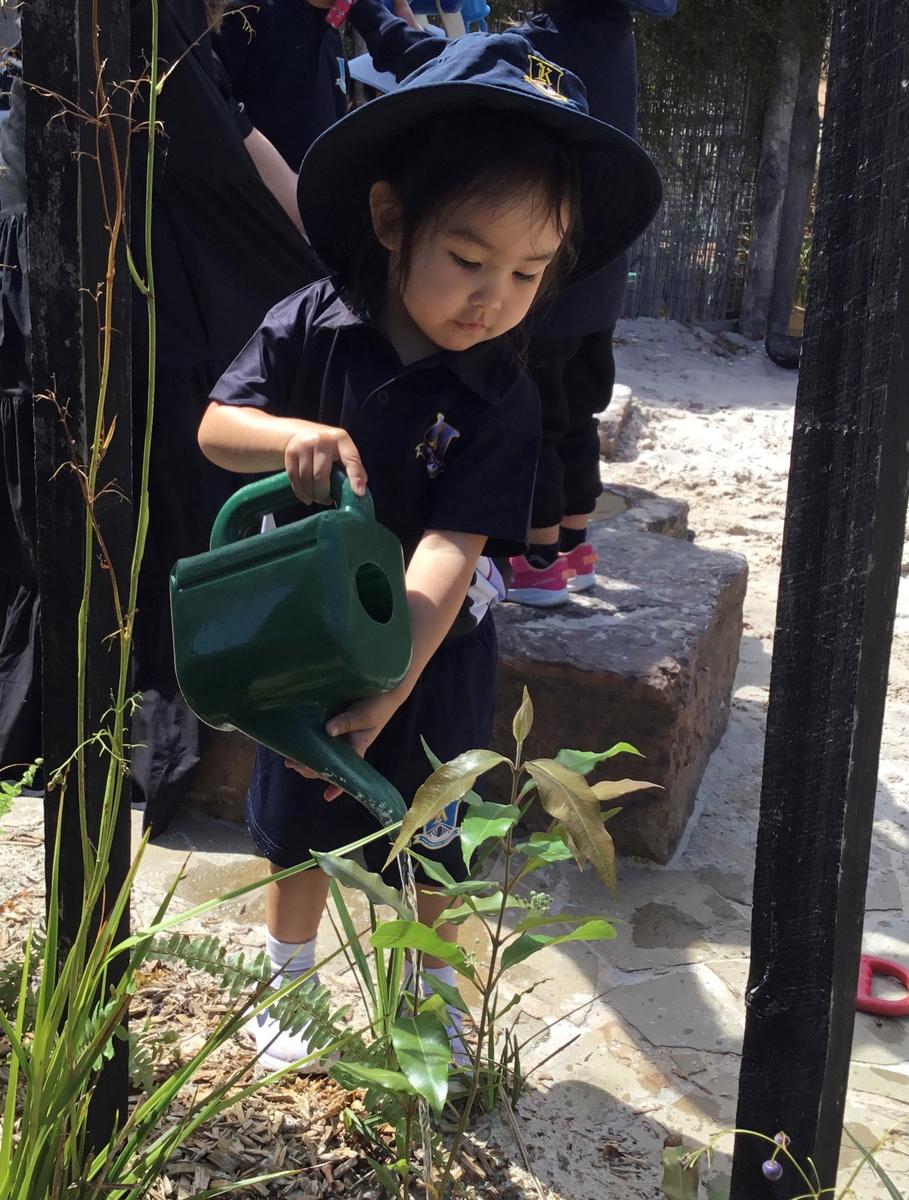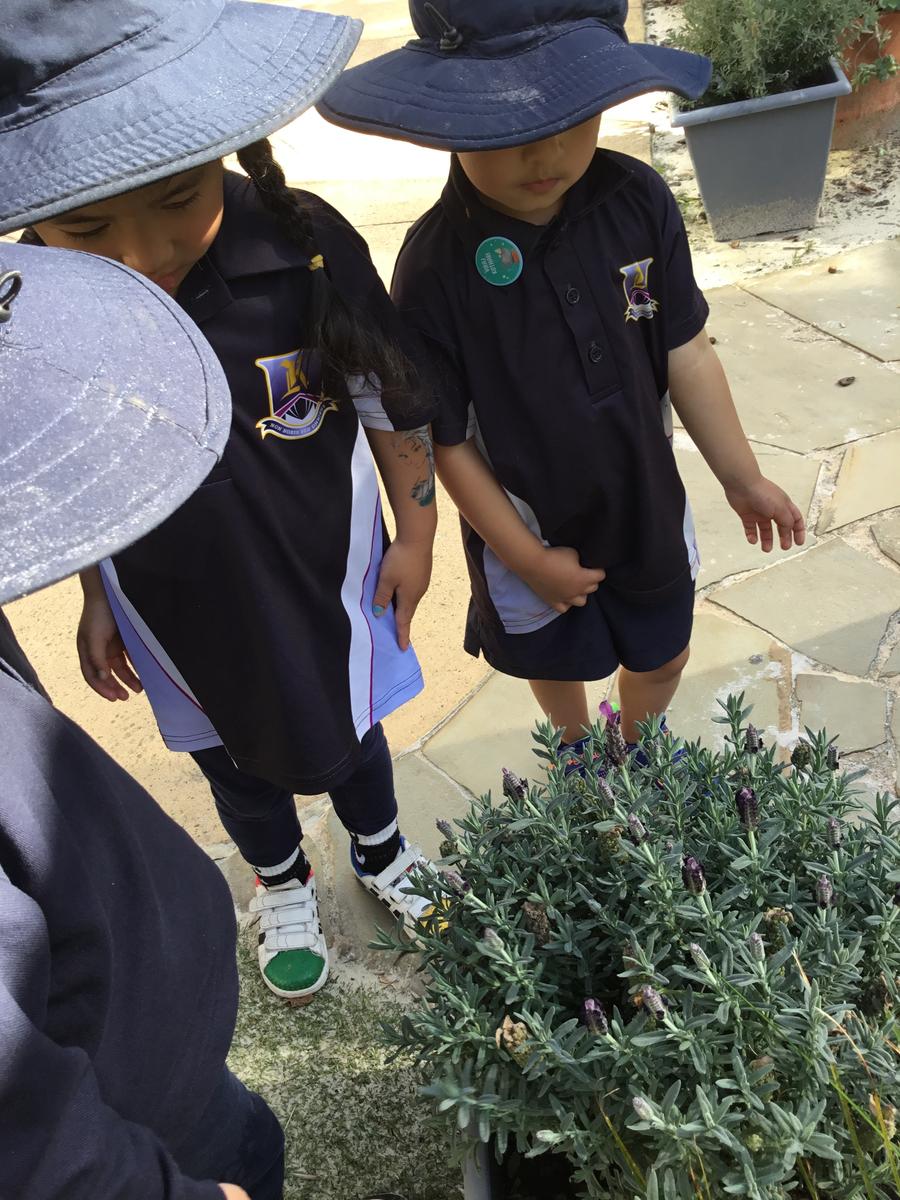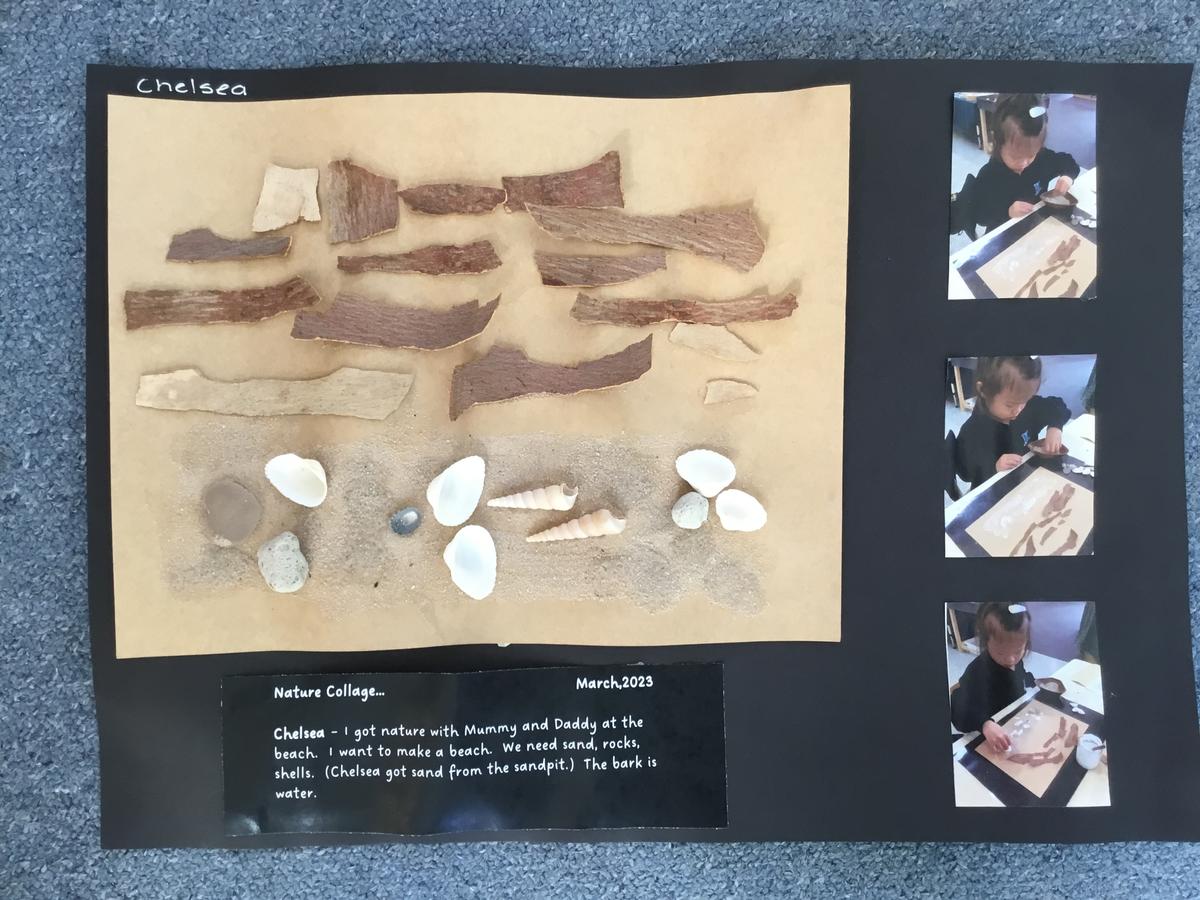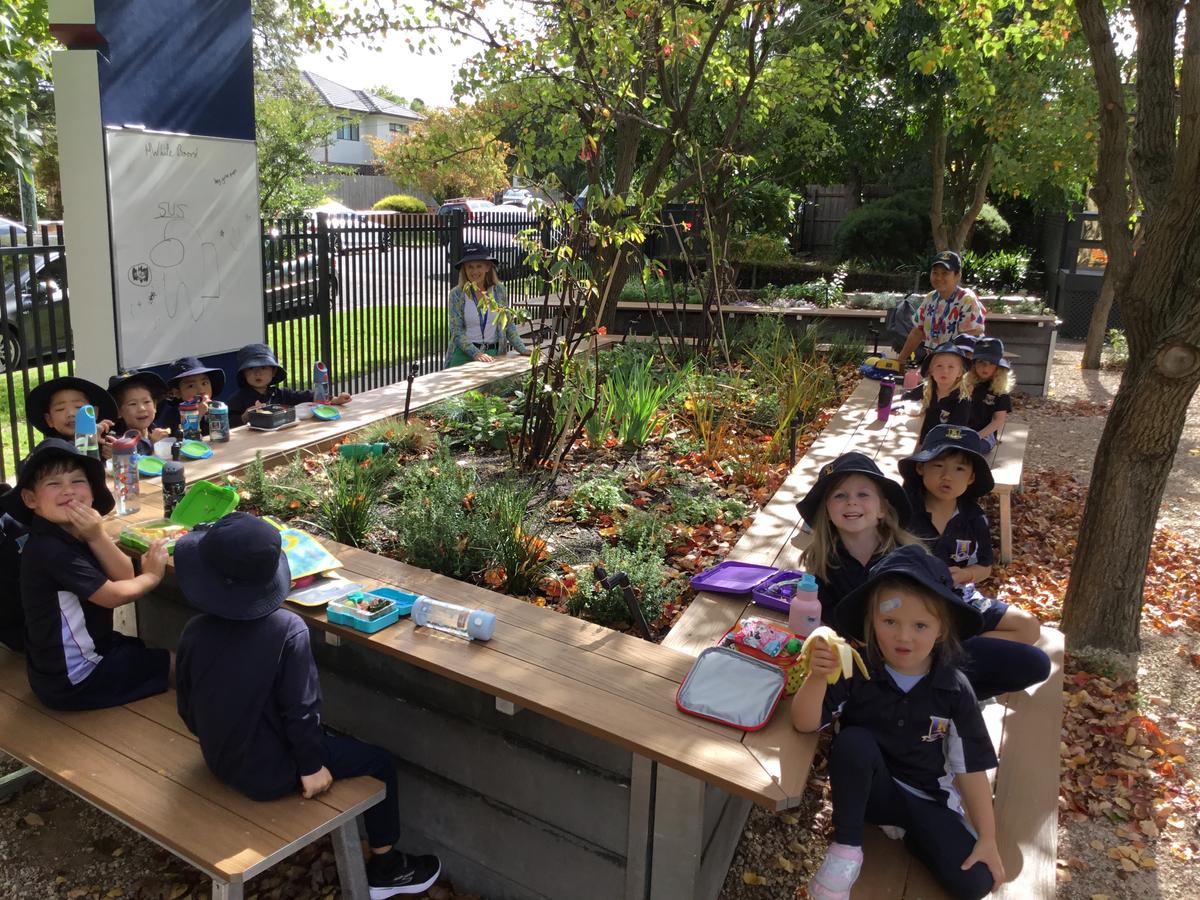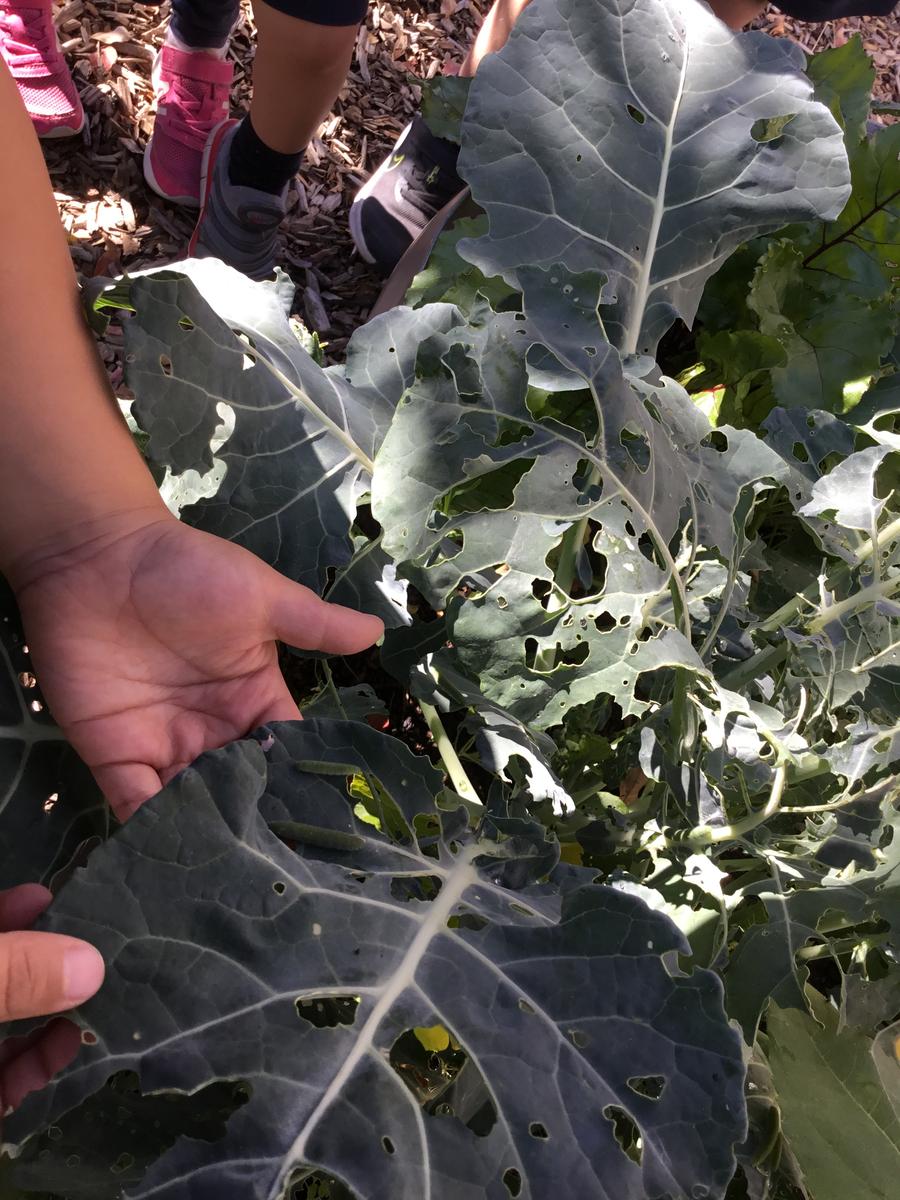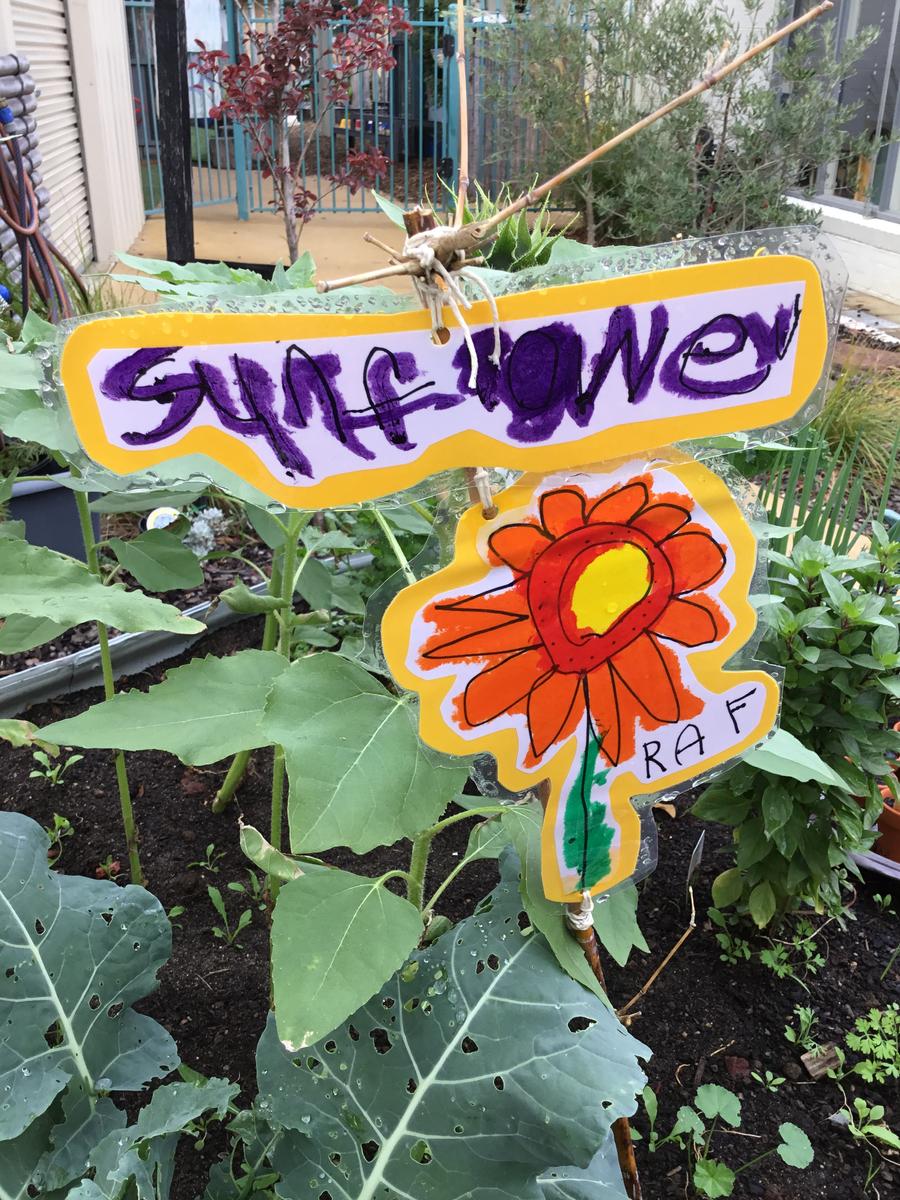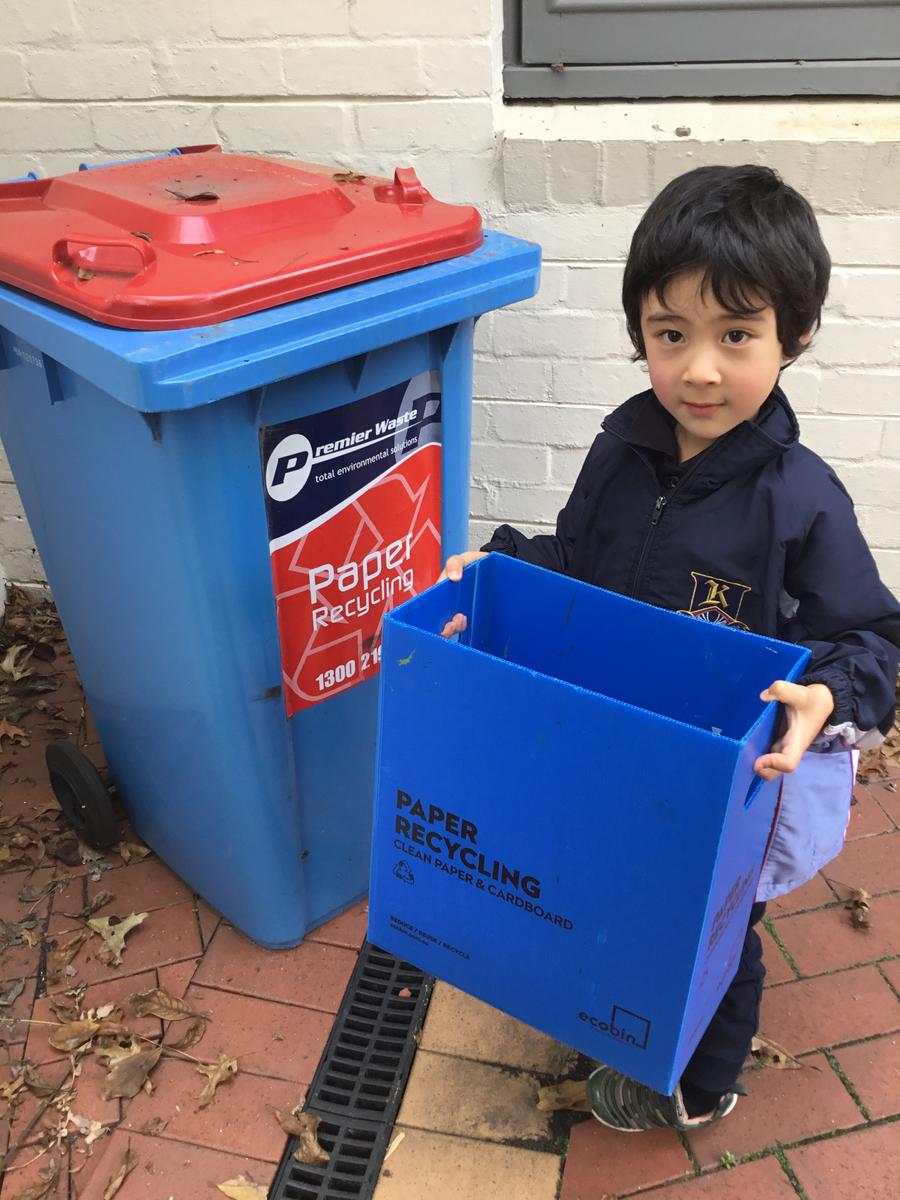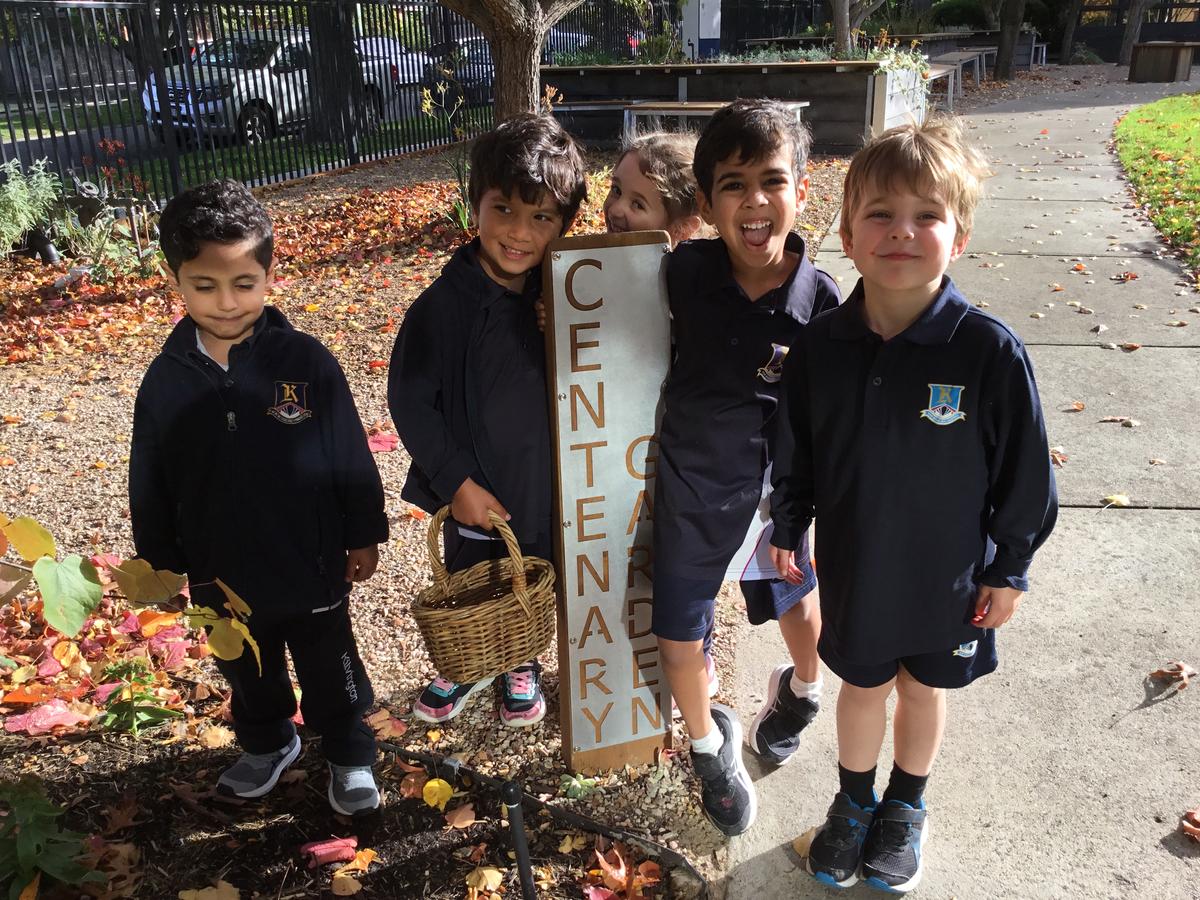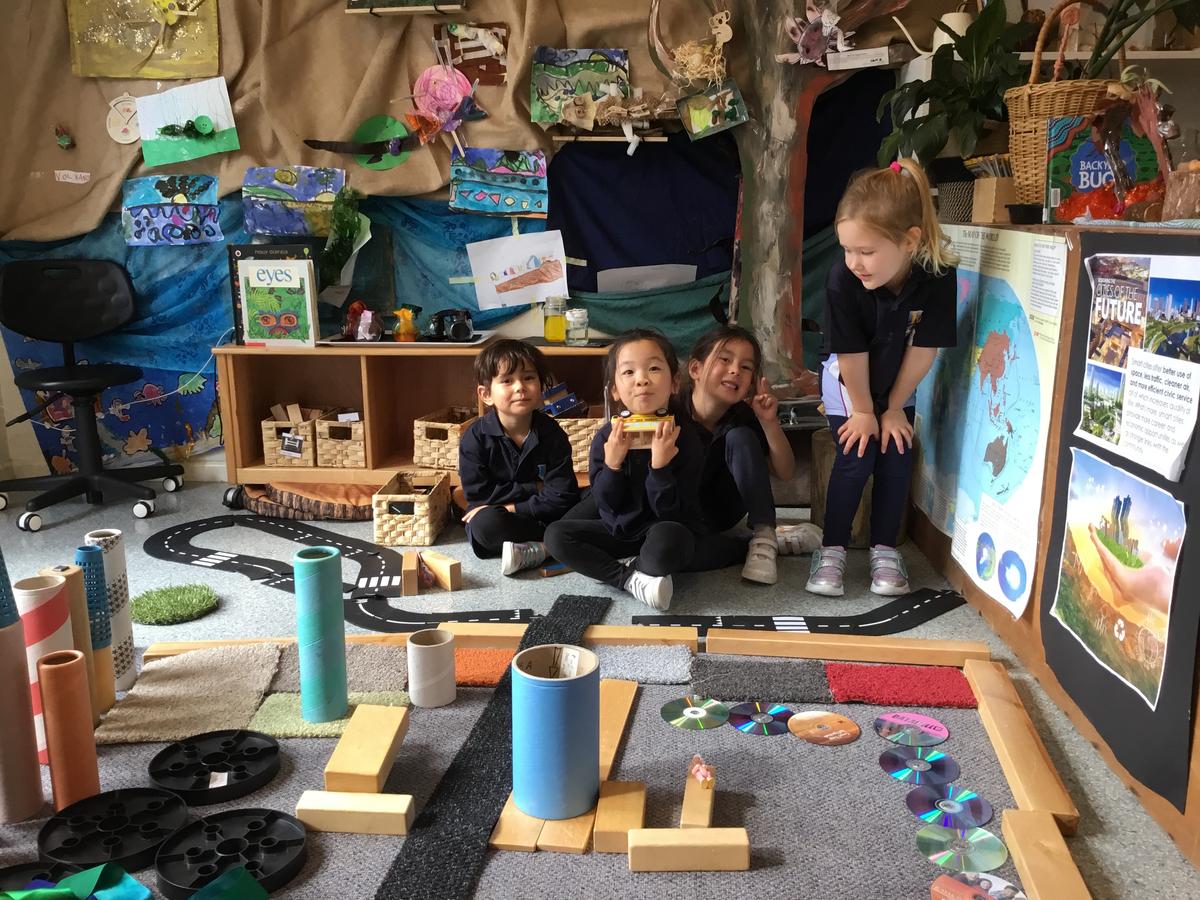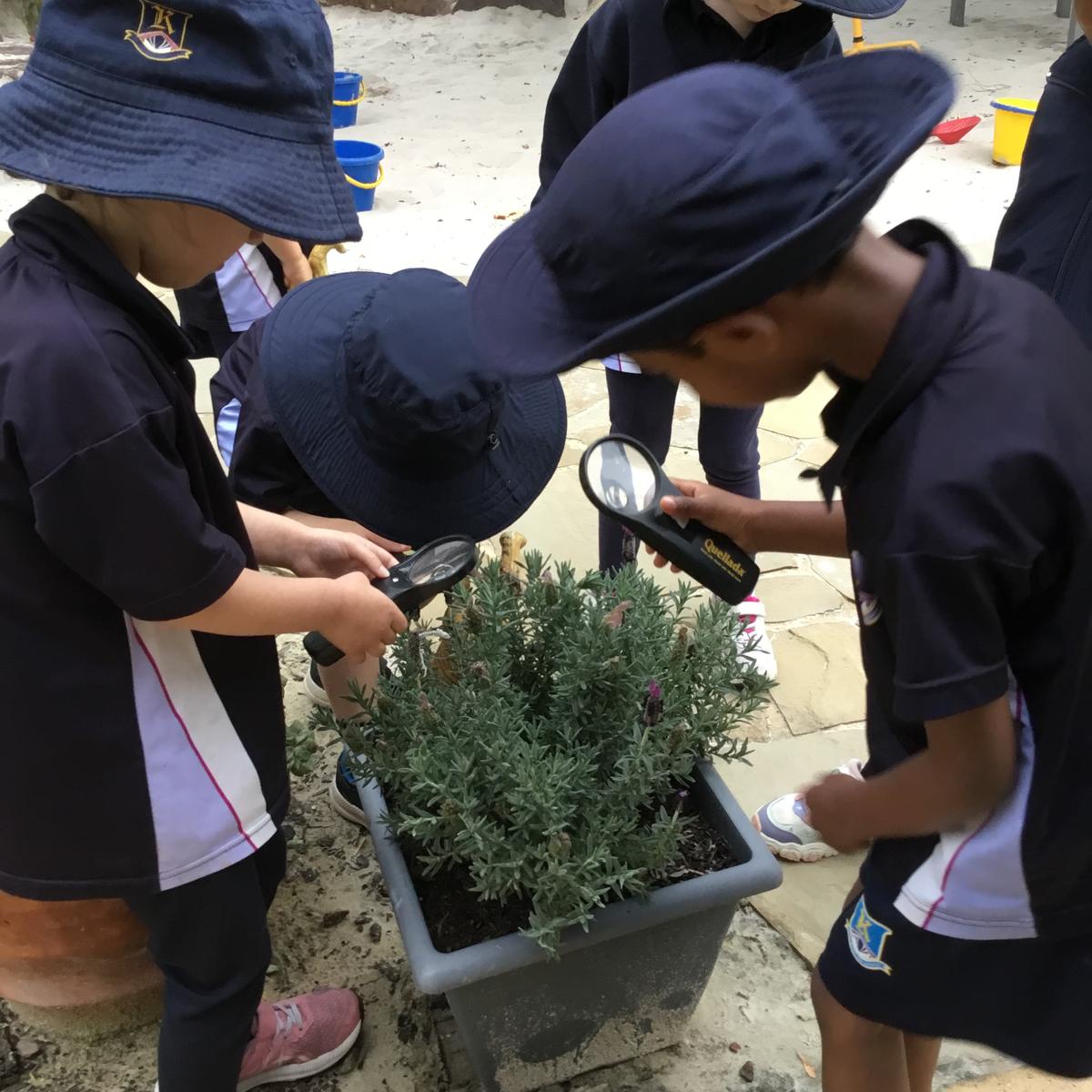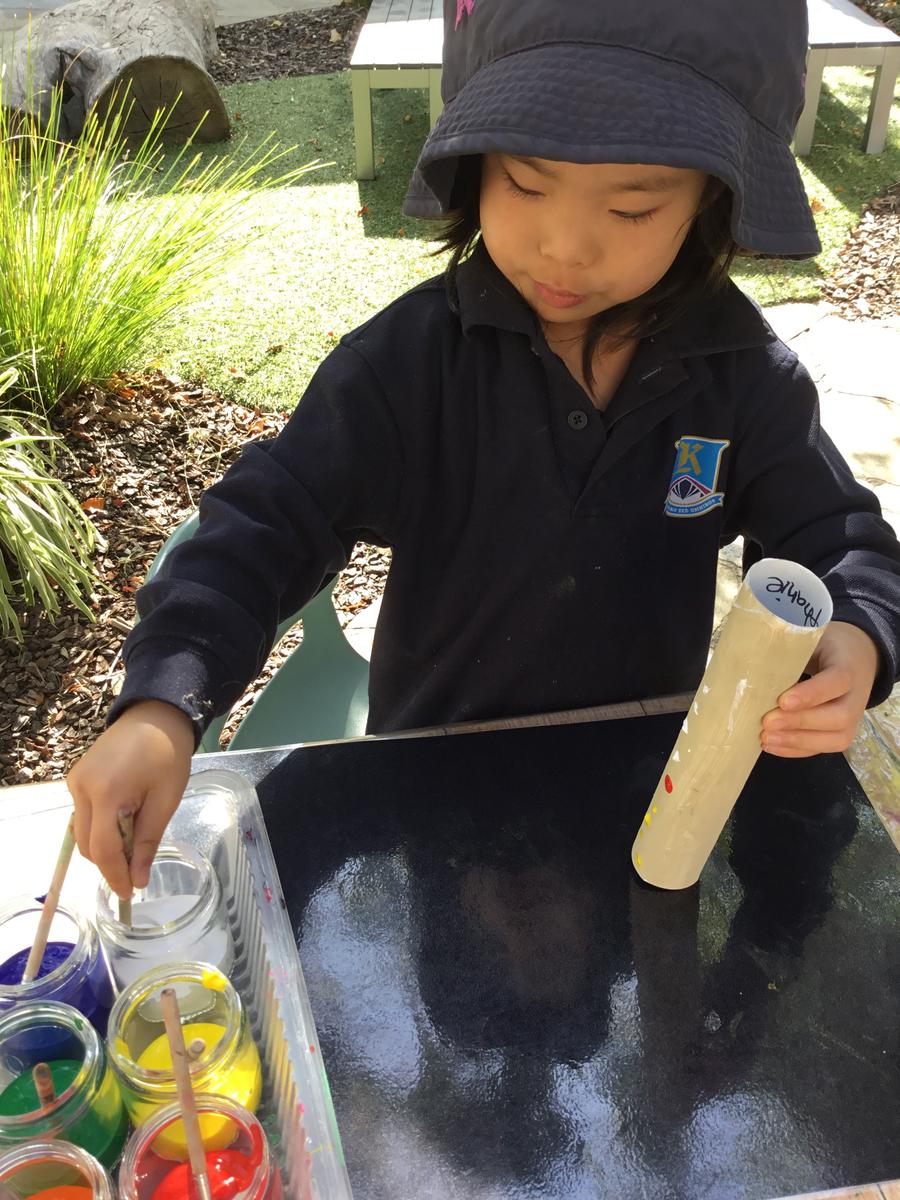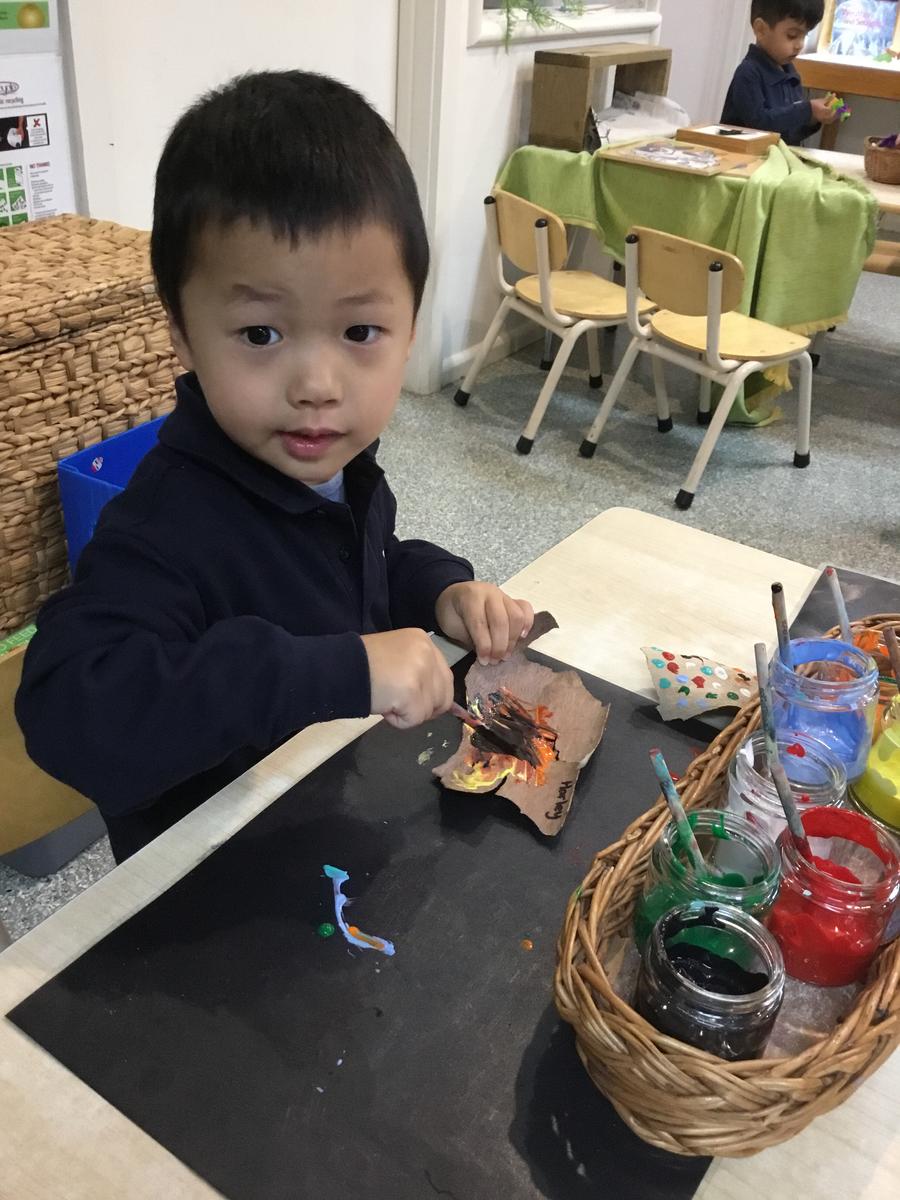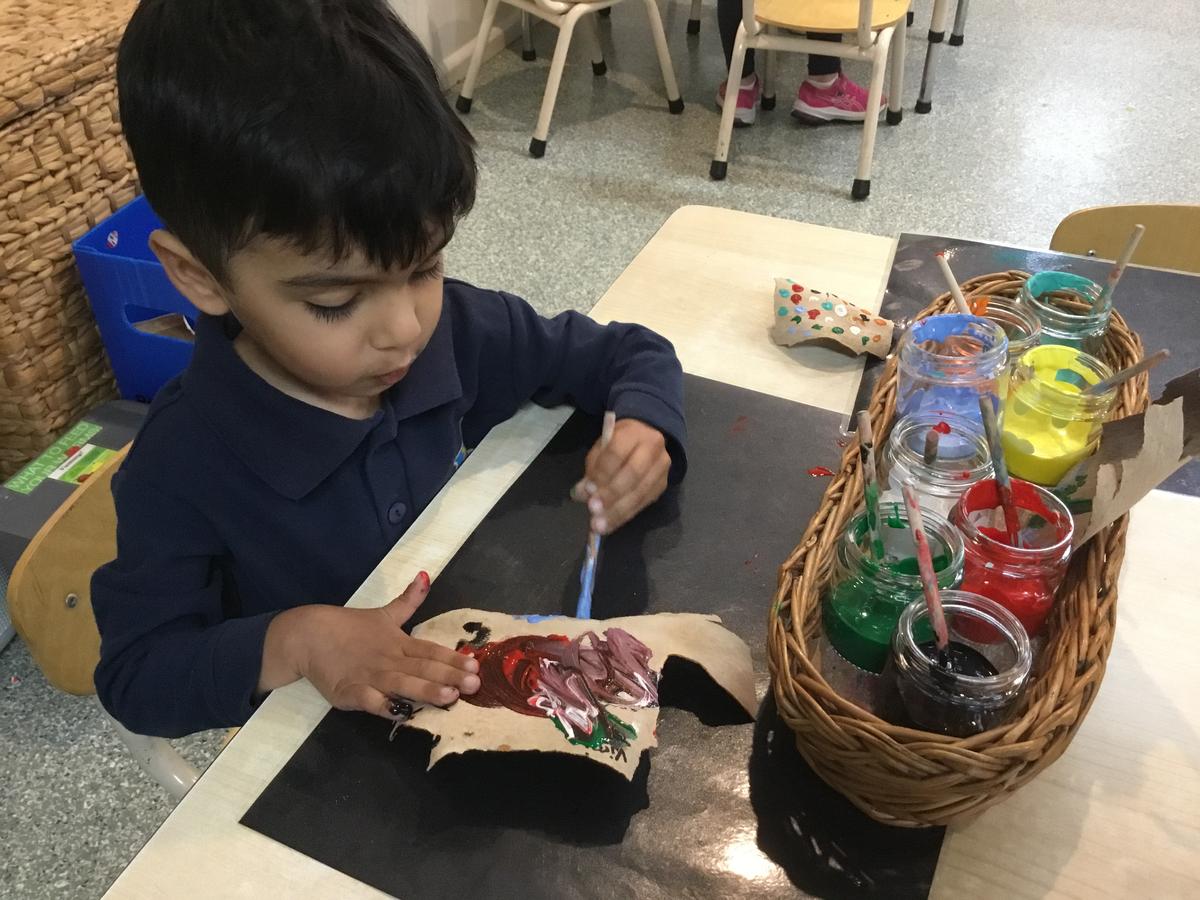ELC News
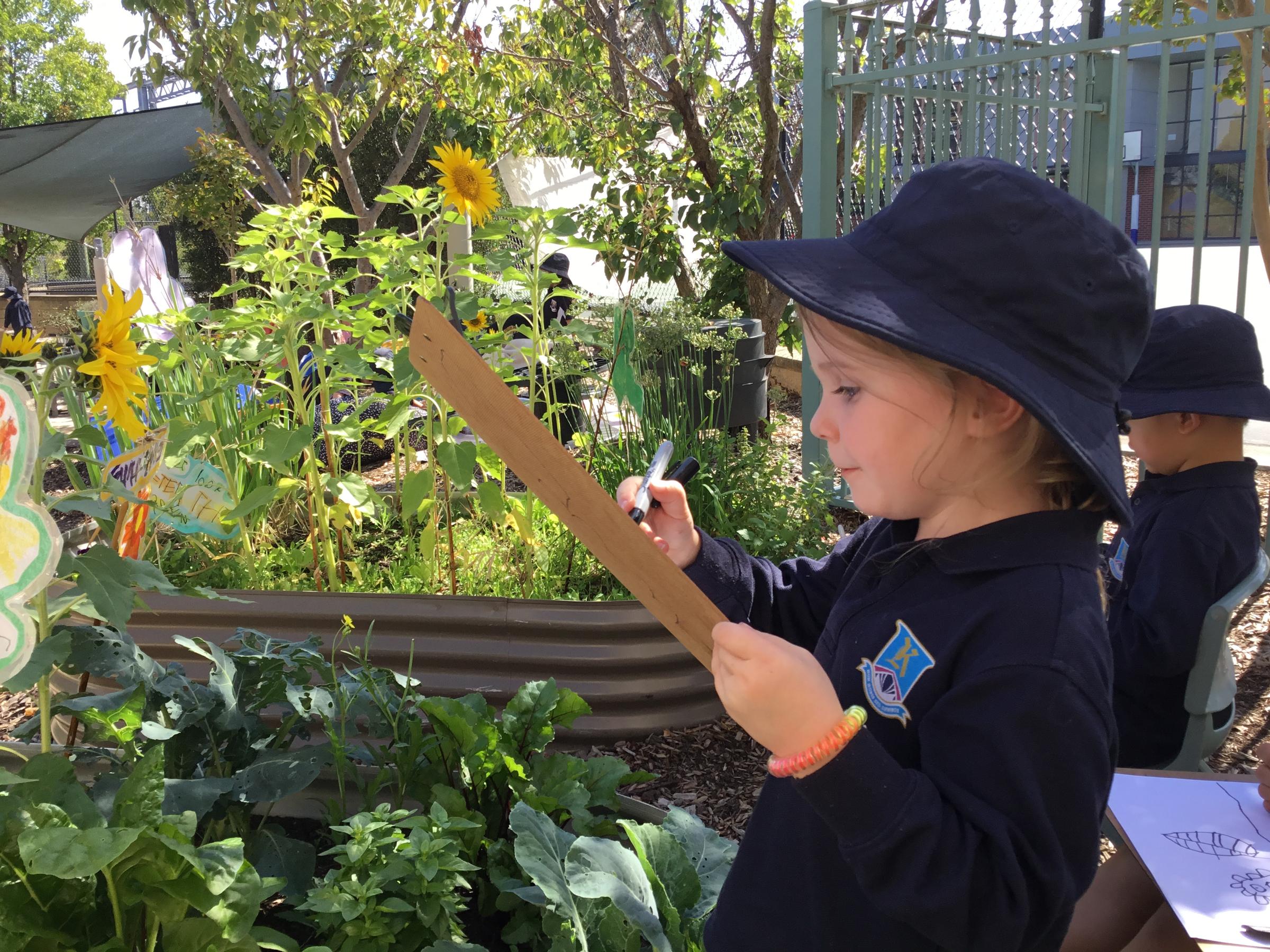
Lyn Pewtress, ELC Director
Looking to our future - sustainability in the ELC
'If we want children to flourish, to become truly empowered, then let us allow them to love the earth before we ask them to save it.' - David Sobel, Beyond Ecophobia (1998)
Over the past few weeks, Mother Nature has been kind to us, bringing much-needed rain and sunshine. The children and educators are planning to take advantage of this wonderful autumn weather with some highly-anticipated gardening and planting in our vegie patch.
Indeed, we are hoping to extend our vegie patch shortly to include an allocated space for each group. This initiative will be ably led by our lead sustainability educators, Phuong and Marty.
Observing all this activity has led me to reflect on and revisit the long-term benefits and importance of having a sustainability practice within our program.
UNDERSTANDING SUSTAINABILTY IN EARLY CHILDHOOD
As the need for greater sustainability becomes more apparent globally, so does the importance of embedding sustainability in children’s programs.
Having a sustainability practice empowers children to construct knowledge, explore values and develop an appreciation of the environment and its relationship to their worlds. This lays the foundation for an environmentally responsible adulthood.
WHY SHOULD EARLY CHILDHOOD SERVICES FOCUS ON SUSTAINABILITY?
The National Quality Standards for early childhood services asks that each service take ‘an active role in caring for its environment and contributes to a sustainable future’ (NQS Standard 3). More specifically, ‘the service cares for the environment and supports children to become environmentally responsible’ (Element 3.2.3).
CURRENT SUSTAINABILITY PRACTICES IN THE ELC
Some of the ways we currently practise sustainability in the ELC include:
- Keeping a seasonal vegie garden.
- Maintaining centre worm farms and compost bins.
- Re-using resources and equipment; whereby, boxes, containers, tins and bottles are re-used for collections, storage, artwork and sensory play.
- Incorporating learning experiences such as recycling and using compost caddy bins for mealtimes in our ‘recycle, reuse, reduce’ program. Soon, we will be introducing a compost bin for each group to take home and collect scraps for our worm farm.
- Using recycled fabric and other materials (fabric, cardboard, fake grass) in our
pretend play. - Embracing biodiversity, by maintaining and increasing the number of plants both in our indoor and outdoor spaces.
- Collecting rainwater to use in the garden, for water/sand play, and to clean.
Sustainability involves all of us and impacts every aspect of our daily lives. The teachings of sustainability allow us to use the principles and practices of our early years curriculum to work collaboratively with students, parents, the School and the greater community to achieve positive learning outcomes for our young children’s future.

